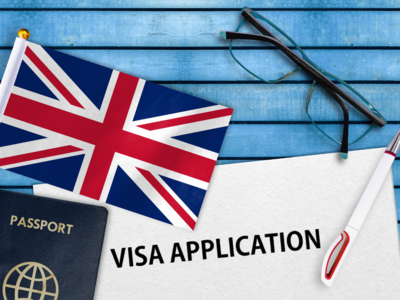Coffee is one of the most widely consumed beverages worldwide, with millions enjoying it daily. But how does coffee impact blood sugar levels? The effects of coffee on blood glucose can vary based on individual health conditions and drinking habits. Caffeine, the key active ingredient in coffee, plays a significant role in regulating insulin and glucose metabolism. Moderate coffee intake has been linked to improved blood sugar control and a lower risk of type 2 diabetes. However, excessive coffee consumption or adding sugar and creamers can lead to blood sugar spikes. Understanding coffee’s impact on blood sugar is essential for people managing diabetes or insulin resistance.
How caffeine affects blood sugar
Caffeine, a key component of coffee, can affect blood sugar levels in various ways. Some studies suggest that moderate coffee consumption may have a beneficial effect on glucose metabolism and insulin sensitivity, while others raise concerns about potential negative impacts.

Caffeine can influence blood sugar levels through several mechanisms:
- Increased insulin sensitivity: Moderate caffeine consumption may improve insulin sensitivity, allowing glucose to enter cells more efficiently.
- Glycemic control: Caffeine may help regulate blood sugar levels by slowing down the absorption of glucose from the gut.
- Adrenaline release: Caffeine can stimulate the release of adrenaline, which may raise blood sugar levels in some individuals.
The impact of daily coffee consumption on blood sugar
Research on the topic has yielded mixed results. Some studies suggest that:
- Moderate coffee consumption: Drinking 2-3 cups of coffee per day may have a neutral or even beneficial effect on blood sugar levels.
- High coffee consumption: Excessive coffee consumption (more than 4 cups per day) may lead to increased blood sugar levels and insulin resistance.
Tips to enjoy coffee without spiking blood sugar
- Pair with food: Drinking coffee with a high-protein, high-fiber meal helps blunt the glucose spike after the caffeine hits
- Stick with black or decaf: Avoid sweetened coffee drinks. Sugar, syrups, and artificial sweeteners weaken coffee’s protective benefits against diabetes and can spike blood sugar
- Monitor your response: People vary in caffeine sensitivity. Those with diabetes or insulin resistance may want to limit intake to under 200–300 mg per day (about 1–3 cups) and monitor glucose effects
Also read | Cardamom: A natural spice that may help lower blood pressure






